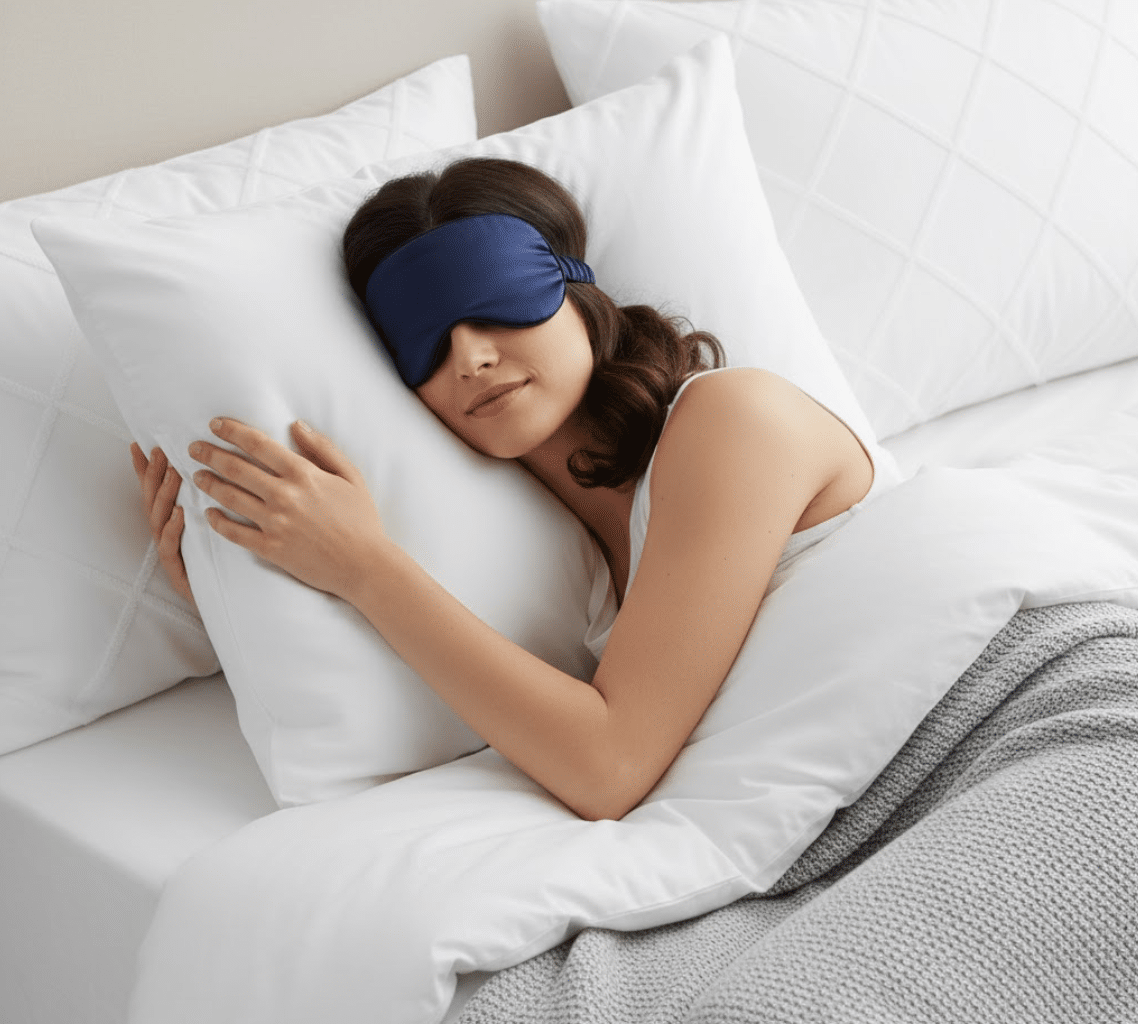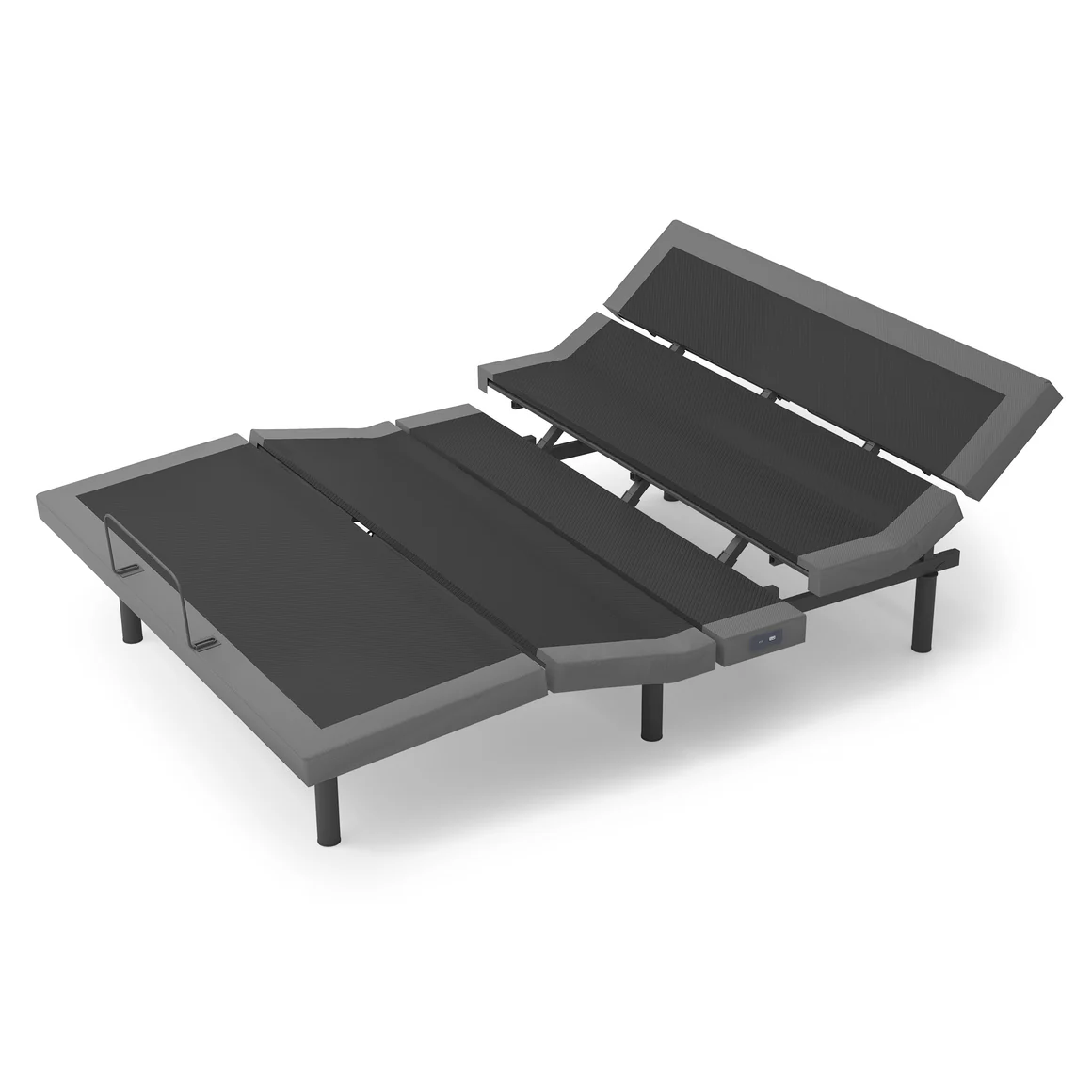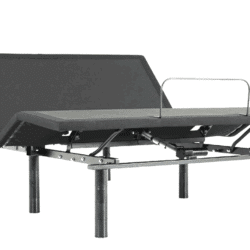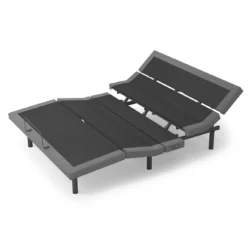Shop With Clarity
If you shop online, our reviews make it simple to cut through the noise and focus on what matters most: pressure relief, cooling performance, and value. If you’re local, you can try the same beds in our San Diego showroom and get guidance from our team. Either way, our goal is to help you feel confident about your sleep investment.
- Real testing notes on feel, support, and durability
- Side-by-side comparisons for quick choices
- Clear pros and cons without fluff

















